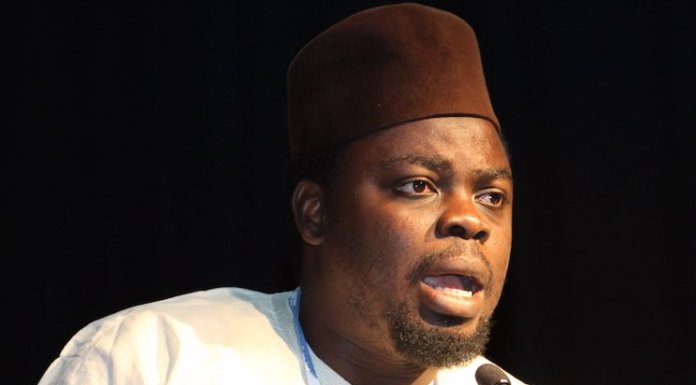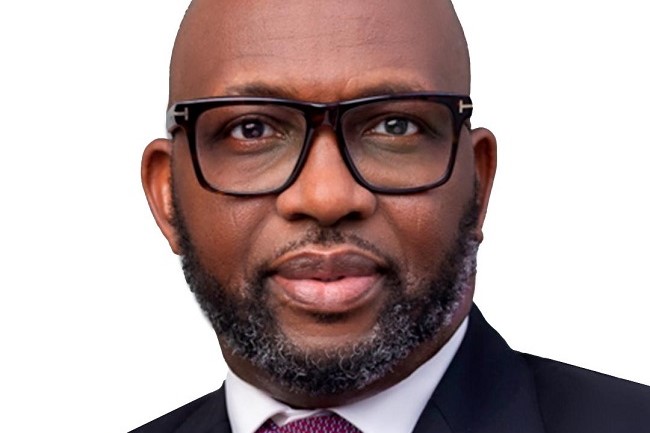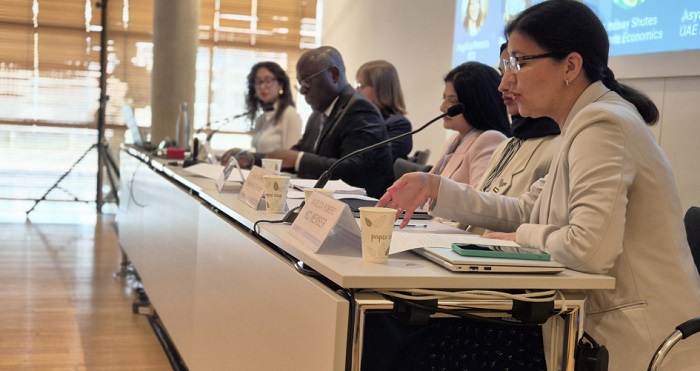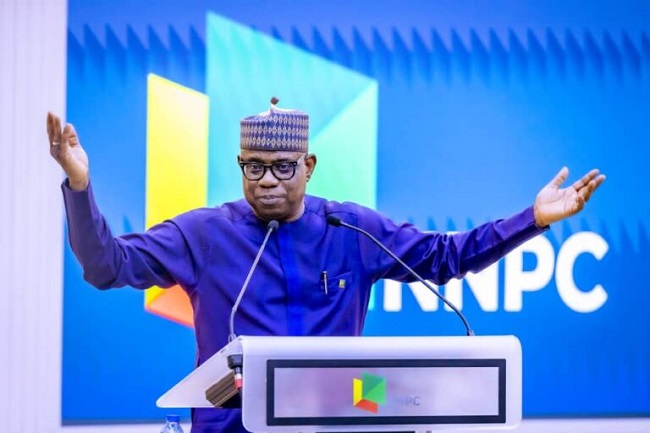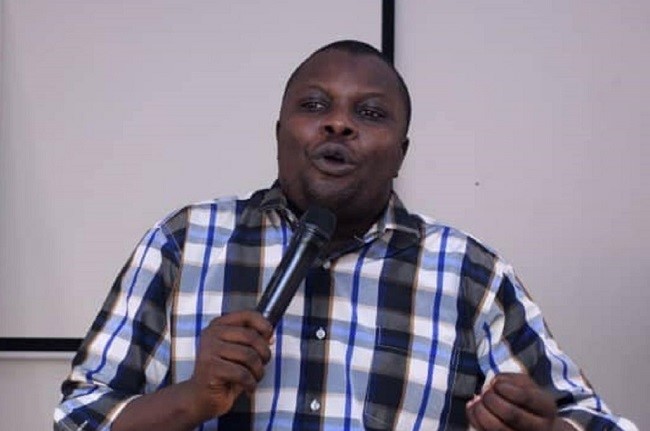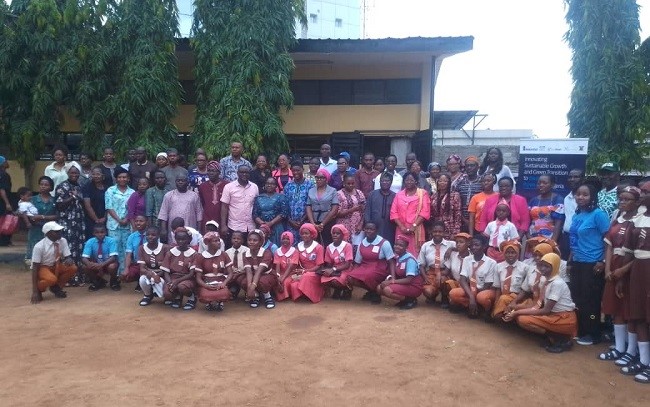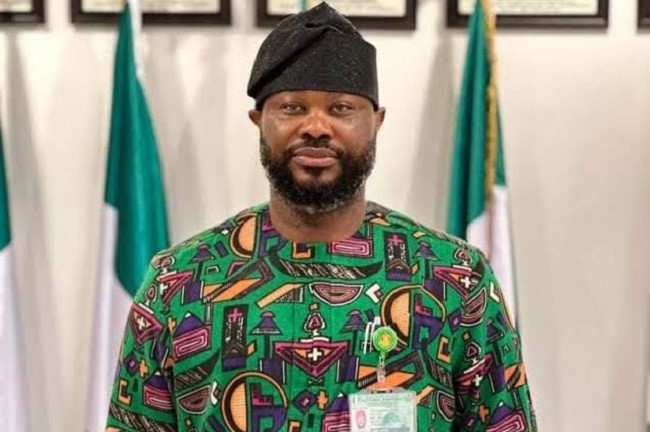On the fifth day of the Women’s Earth and Climate Action Network (WECAN) Global Women’s Assembly for Climate Justice: Path to COP30 and Beyond, parliamentarians from four continents convened to spotlight one of the most urgent imperatives of this time: ending the world’s dangerous dependence on fossil fuels.

As countries prepare for COP30, parliamentarians on Friday, June 27, 2025, called on global leaders to deliver bold, enforceable commitments to phase out fossil fuels – a primary driver of the climate crisis. With pro-fossil fuel governments gaining ground in different regions around the world, the policymakers warned of renewed efforts to block progress at COP30. Fossil fuel lobbyists hold a disproportionate influence at international climate talks, often sidelining the agendas, solutions, and expertise of civil society, scientists, and impacted communities.
In response, parliamentarians on a panel at the Global Women’s Assembly for Climate Justice highlighted bold initiatives like the Fossil Fuel Non-Proliferation Treaty – a global initiative to end fossil fuel expansion, phase out existing production equitably, and support a just transition for workers and communities. Speakers emphasised that women climate leaders and grassroots movements are rising with clarity and urgency to champion real solutions rooted in justice, accountability, and global cooperation.
Tzeporah Berman, Chair of the Fossil Fuel Non-Proliferation Treaty, framed the parliamentarian panel, sharing, “Fossil fuels have been invisible for about 30 years in climate policy and climate negotiations. We know oil, gas, and coal are 86% of the emissions trapped in our atmosphere today, yet the power of the fossil fuel industry and their influence has really distorted the conversation.
“But now, we have a proposal for a fossil fuel-free treaty, which is a companion to the Paris Agreement. to help manage the wind-down and stop the expansion of fossil fuels–not just in one place or two places, but everywhere. What we are seeing is leadership from individual parliamentarians who have been raising that conversation, courageously, in their own countries and beyond. This work has been supported and is growing around the world, in large part, because of the leadership we are seeing from parliamentarians, many of them courageous women.”
Notable speakers included Cecilia Requena, Bolivian Senator, Rosa Galvez, Canadian Senator, Nusrat Hanje, Tanzanian Member of Parliament, and Zali Steggall, Australian Member of the House of Representatives.
The session opened with Senator Requena sharing the work of leaders in Bolivia on protecting the Amazon from fossil fuels through the draft legislation, “Law for the Protection of Biodiversity and Environmental Services in the Bolivian Amazon through the Restriction of Hydrocarbon Activities.” Speaking on the bill, Cecilia Requena of Bolivia, stated, “We understand that countries like Bolivia need to improve their living quality, income, and more. We are also trying to have a broader scope that provides alternatives in the Amazon region and in the country.”
“I believe in my duty to advocate for a safe, just world, where planetary boundaries are respected. Future generations deserve the same beauty, stability, and opportunity that we, older generations, have known,” said Rosa Galvez, Canadian Senator. “We politicians must lead; we cannot be obstacles to delay. We cannot increase the struggles global warming is doing to the world. We hold the responsibility to shape a future that is sustainable, equitable, and livable.”
“We are at a crucial time in the fight to mitigate accelerated climate change and escalating risks to our communities, countries, and environments. Climate change, ecological destruction, and growing intergenerational inequity – these are all key issues that need addressing urgently. Despite all the years of warning, we are, sadly, already experiencing the impacts of our changing climate,” said Zali Steggall, Member of the Australian House of Representatives.
“In Australia, in the first half of 2025, there have been more than 20 declared natural disasters, from record-breaking floods, cyclones, bushfires, and droughts. This is similar in so many countries and places across the world. Too often, policies from governments are reactive, not proactive. Disaster funding flows after the fact, but little is invested in adaptation or risk reduction beforehand. Climate leadership requires political courage,” added Steggall.
“Tanzania is one of the very beautiful countries in Africa. We have to fight climate change everywhere because we cannot get food, we cannot cultivate, and we cannot conduct our activities as farmers, because the majority of my citizens are farmers,” said Nusrat Hanje, Member of Parliament of Tanzania. “In Tanzania, one of the big sectors is tourism which is also affected by climate change. This is why we are saying it is high time to stop the expansion and extraction and consumption of projects concerning fossil fuels. This is why the Fossil Fuel Non-Proliferation Treaty is very important. That’s why we decided to join, and with me representing my country.”
Osprey Orielle Lake, Assembly Convener, and Executive Director of the Women’s Earth and Climate Action Network, stated at the close of the panel, “We cannot avert the worst of the climate crisis without stopping fossil fuels, which is what’s so powerful about the Fossil Fuel Non-Proliferation Treaty, and we will continue to support and move forward with women parliamentarians fighting for this Treaty. One of the things that’s really exciting is when you see parliamentarians and countries signing on to the Treaty who are fossil fuel producers. It really says that there’s an appetite for change, and that’s what we need.”

